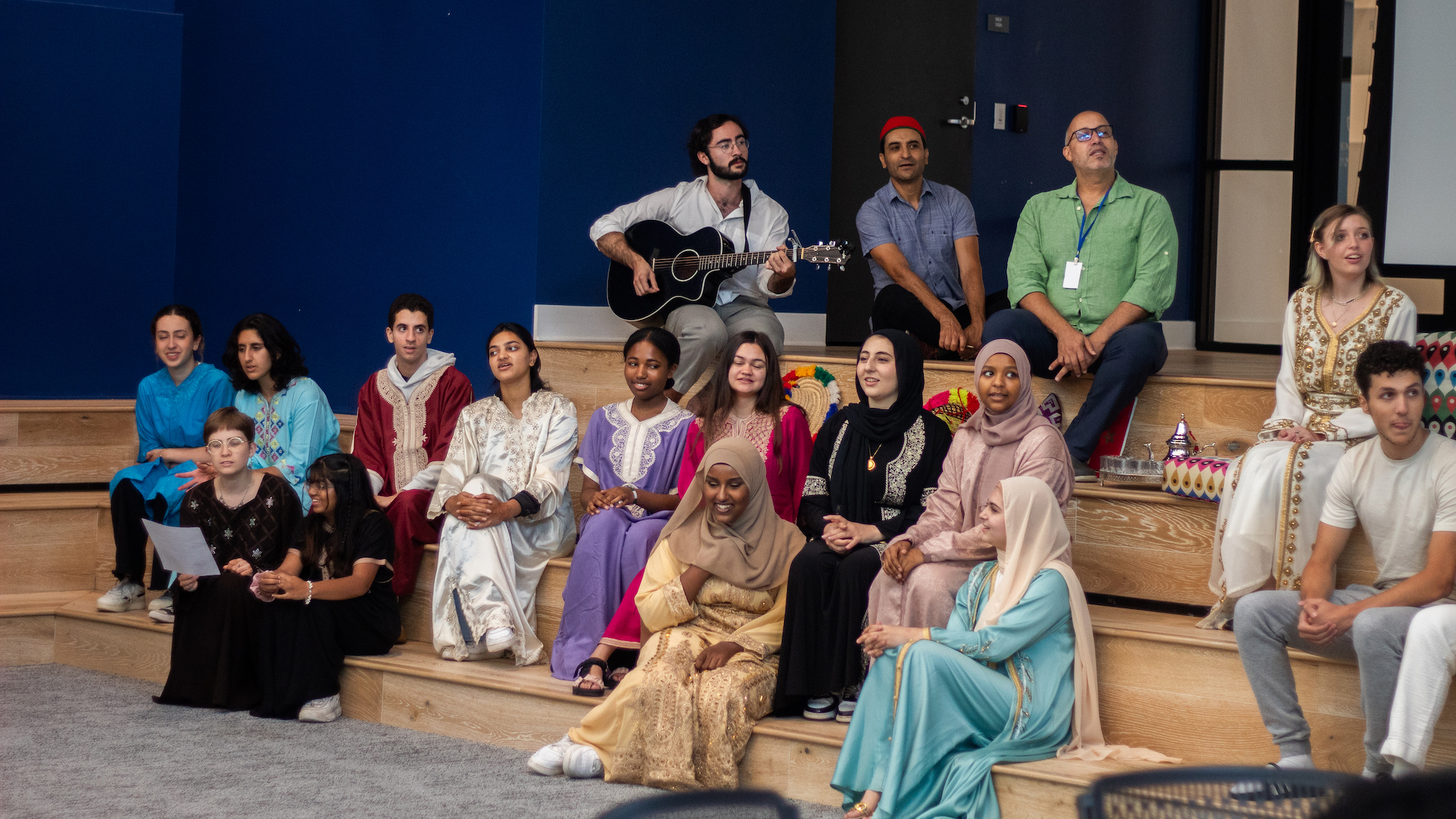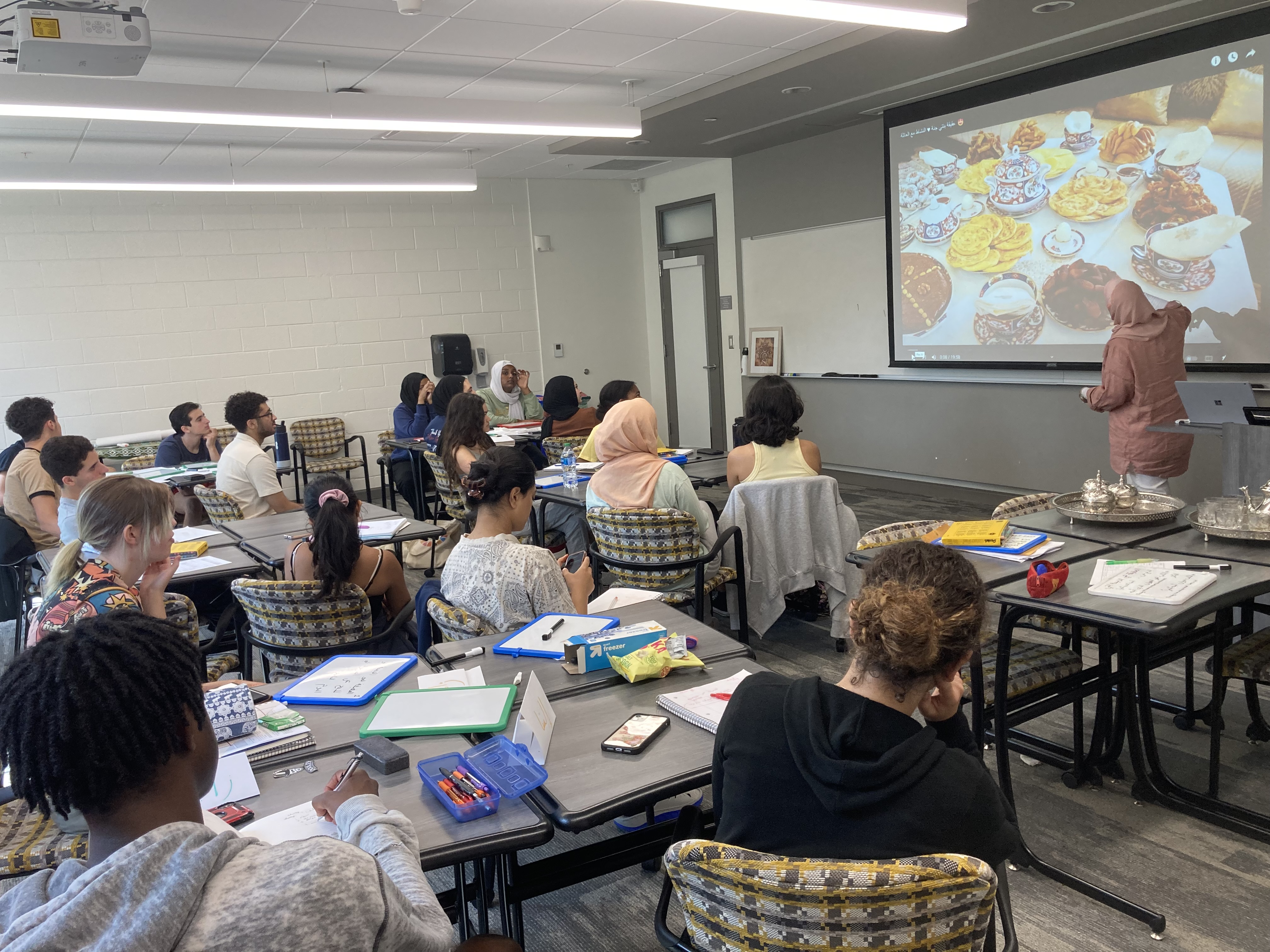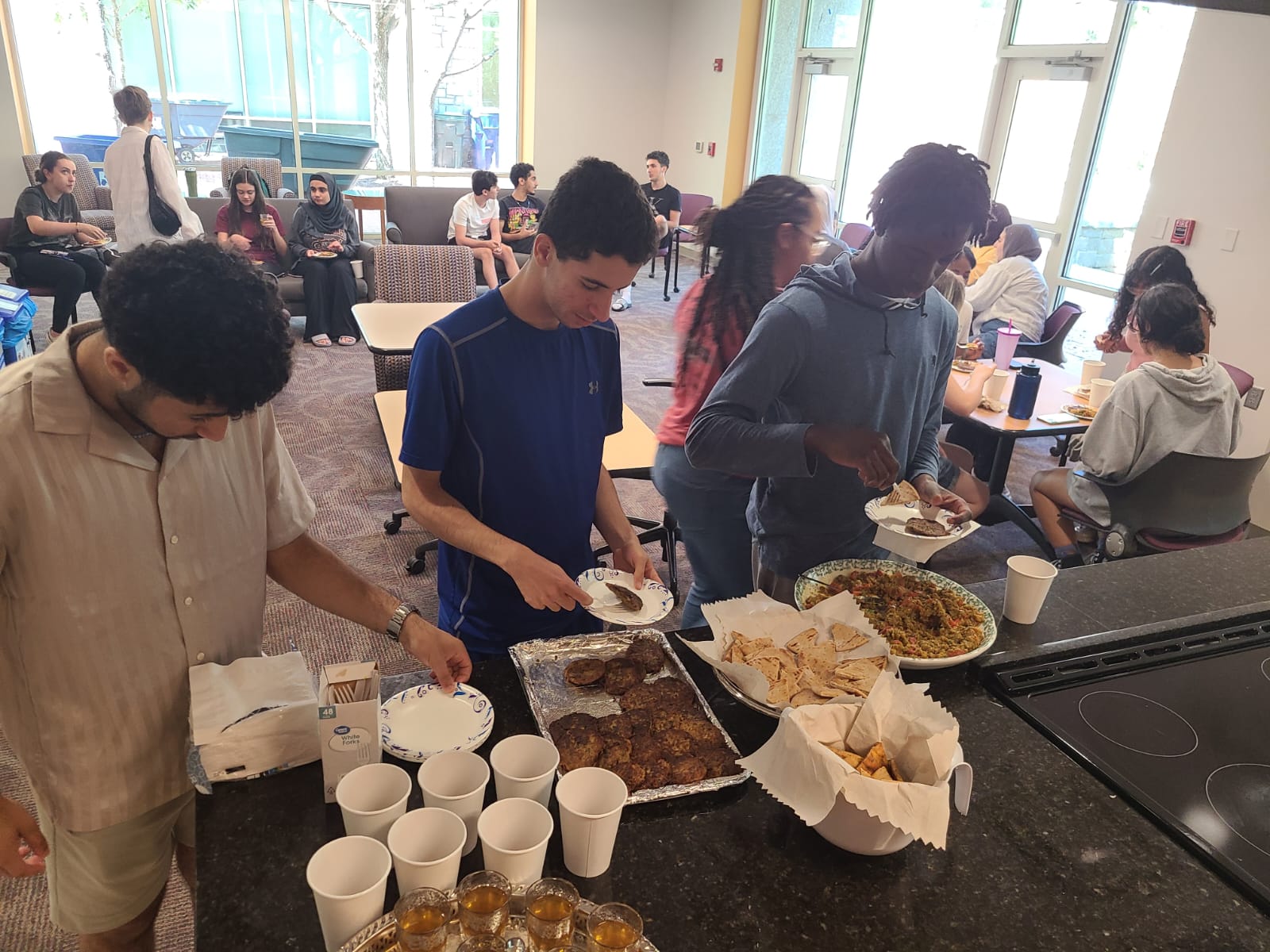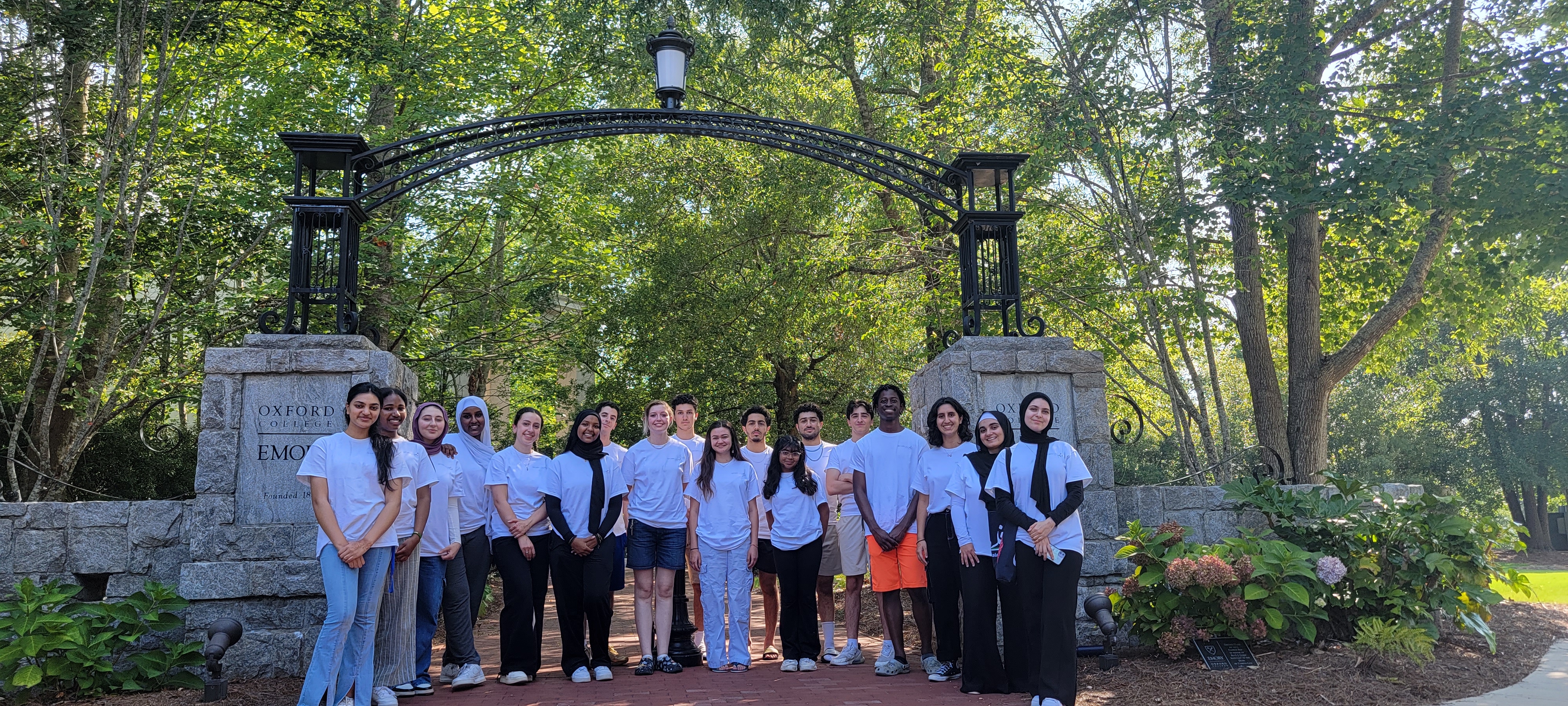STARTALK program immerses students in Arabic language and culture

High school and college students from around the United States lived on the Oxford campus for two weeks to study the Arabic language and Moroccan culture.
Oxford’s STARTALK immersive Arabic language program teaches students to do just what’s in its name: start talking.

Activities included cooking Moroccan dishes, a Henna demonstration, and several class sessions a day that touched on not only the Arabic language, but also the Moroccan dialect.
Program Director Anouar El Younssi, Oxford assistant professor of Arabic & Middle Eastern Studies, is originally from Morocco and was happy to share his firsthand knowledge with students. He first brought the STARTALK experience—a federal grant initiative in support of foreign language learning—to Oxford in 2018 after having success with a similar program at his previous institution, Virginia Military Institute.
“When I came to Oxford, I wanted to continue the program and keep the STARTALK tradition alive,” he said. “And I wanted to benefit the college and community. This year’s program immersed students in the intricacies and diversity of Moroccan culture.”

Photo courtesy of Anouar El Younssi
Four teachers came from out-of-state to share their knowledge, including Lead Instructor Dr. Samir El Omari from the University of Maryland, Baltimore County (UMBC). He was joined by his UMBC colleague Amina Didich, as well Diae Mizou, a high school teacher from Maryland, and Badredine Idrissi, a high school teacher from Ohio.
El Younssi’s program was split into three parts. First, it had an extensive pre-camp virtual component that prepared students for their experience on campus both academically and socially. Now that the group has completed its in-person sessions, they will virtually reconvene throughout October to reflect on what they learned and to continue developing their linguistic and cultural competence.
Two 21Ox alumni, Wittika Chaplet and Gabe Harr-Siebenlist, joined the program as residential and teaching assistants. Both were happy to be back on campus in a capacity where they could teach and learn.

Photo courtesy of Anouar El Younssi
Harr-Siebenlist was struck by STARTALK's "special environment" and the dedication of the instructors: "Their approach gave students an opportunity to interact with their Arabic language journey in a really human setting, focused on some of the best things in life: food, celebrations, and friendship."
Reflecting on this year’s events, El Younssi was pleased with how much the students engaged with the cultural aspects of the program.
“By the end of the summer camp, they were both comfortable and ready to take part in the performance of a mock wedding in the Moroccan style—a performance they acted out for the camp’s final ceremony,” he said. “I thought the students showed a great deal of joy and enthusiasm.
